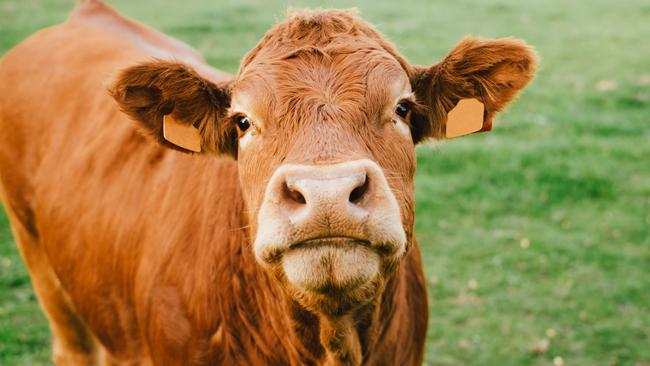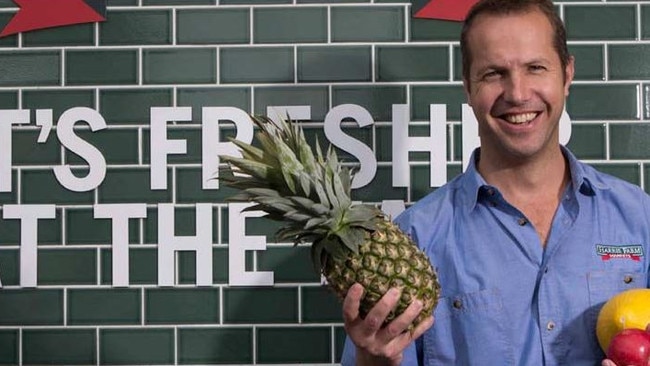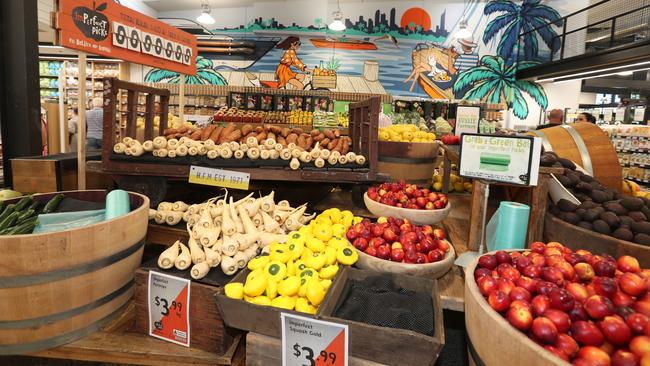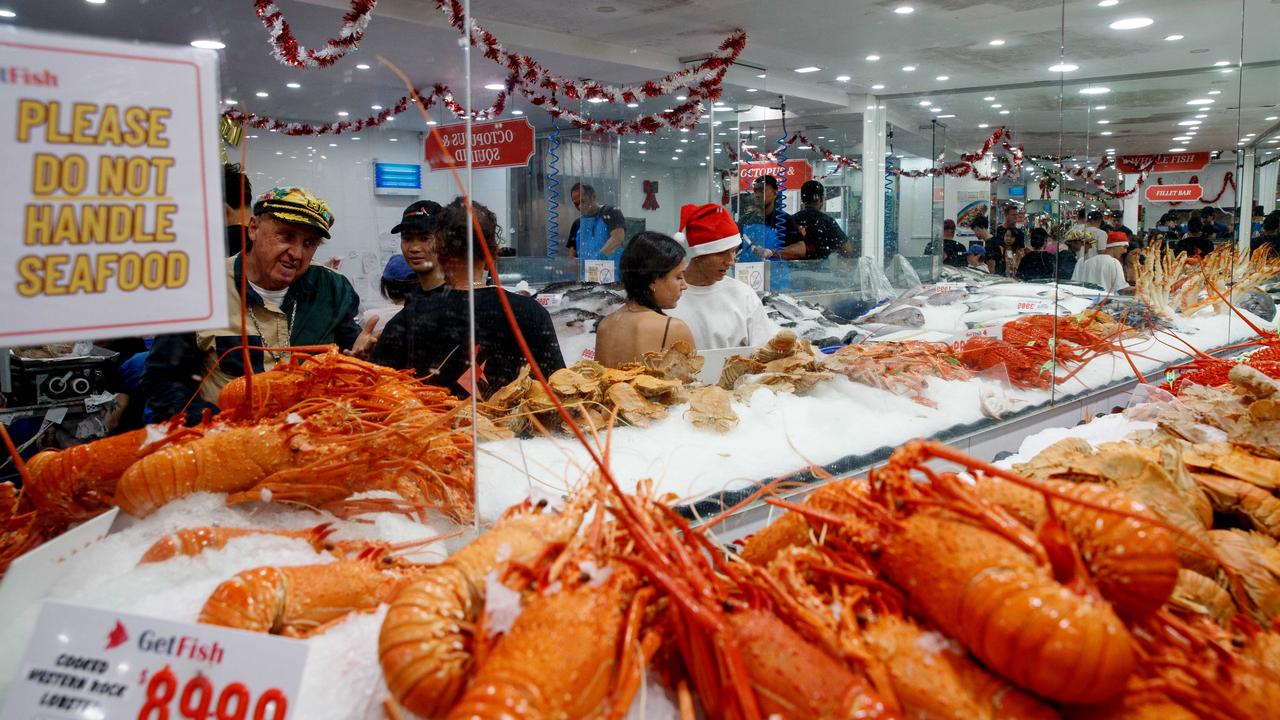Relief in sight for Aussies with cost of meat to fall
The retailer declares supermarkets are not “price gouging” but in good news for struggling Aussies, the cost of a staple on many dinner tables is set to fall.

Retail
Don't miss out on the headlines from Retail. Followed categories will be added to My News.
In good news for consumers facing cost of living pressures, the price of meat is expected to fall in the coming months.
Co-CEO of up-market grocery business Harris Farm Markets, Angus Harris, told news.com.au that lower farmgate prices for lamb and beef will translate to cheaper retail prices for consumers.
After three wet years of La Nina, livestock supplies have flourished, leading to lower wholesale prices for beef and lamb.
But, so far, supermarket prices have remained high.
“I don’t believe anyone is price gouging,” Mr Harris told news.com.au. “We definitely expect prices to come down.”
Mr Harris said part of the reason for the delay in cheaper prices flowing through to consumers is a shortage of meat processing workers, which is leading to higher labour costs in the supply chain.

He said that Harris Farm Markets continues to look for opportunities to extend its fruit and vegetable-based imperfect picks offering into meat, but the growing popularity of nose to tail eating means that cuts of meat that were once hard to sell are now in high demand – with prices to match.
Mr Harris said Harris Farm’s imperfect picks initiative, which it launched in 2014 to sell fruit and vegetables deemed imperfect due to issues such as their size or blemishes on their skin, has saved more than 40 million kilos of food from landfill since its launch.
He said after initially stocking the imperfect items toward the back of its stores, the range was soon moved to more prominent locations as “customers just loved it”.
“People were seeing it was so much cheaper they were dumping the original produce they had chosen.”
The imperfect fruit and vegetables, which can be up to 70 per cent cheaper than their so-called ‘perfect’ counterparts, are cheaper than the produce available in all major supermarkets, “including Aldi”, Mr Harris said.
“A whole lot of consumers that might be struggling can pick up a cheaper item in our stores.”

He said while the impact of the cost of living crisis on the business has been muted due to its positioning as a premium brand shopped by more affluent consumers, the imperfect range provides options for consumers struggling financially.
Major supermarket chains Coles and Woolworths have noted that customers are trading down from branded to own brand products to save money, but Mr Harris said that instead, Harris Farm customers have increased their shopping of its specials, with the business selling twice as much product on special as it was this time last year.
He added the company may also be benefiting from wealthier customers eschewing eating out in favour of eating at home.
“Cooking at home from Harris Farm is certainly very cheap in comparison to restaurants.”
Mr Harris said that while the business makes more profit on its perfect produce than the imperfect range, the wider offering keeps “the customer coming back and that’s more important”.

Since its introduction, Harris Farm has expanded its imperfect picks range from unprocessed produce into a range of upcycled, processed items such as cut fruit and vegetables, fresh juices, guacamole, dips and pestos.
It’s a move that offers consumers extra convenience but, while sold at a higher price point than unprocessed imperfect produce, it doesn’t necessarily translate into a higher profit margin.
Mr Harris said this is because the scale of the company means these items are typically handmade by its staff.
He said the imperfect picks strategy is driven by consumer need, with a focus on driving long-term customer loyalty over short-term profits.

Harris Farm Markets is 100 per cent owned by the Harris family, after being founded by Mr Harris’ parents in 1971.
It operates 32 stores across NSW and Queensland.
As a private company, it doesn’t release financial results but in 2021 it appointed investment bank Goldman Sachs to examine funding options – including a partial sale – to help accelerate its store rollout.
At that time it was on track to record sales of $649 million for a gross profit of $48 million in the 2021 financial year.
The family ultimately decided to retain full ownership of the company, and Mr Harris said it has a pipeline in place to open two to three stores a year for the next few years.
New stores in Canberra’s Madura Park and Sydney’s Surry Hills are set to open in the next six months.
Originally published as Relief in sight for Aussies with cost of meat to fall




